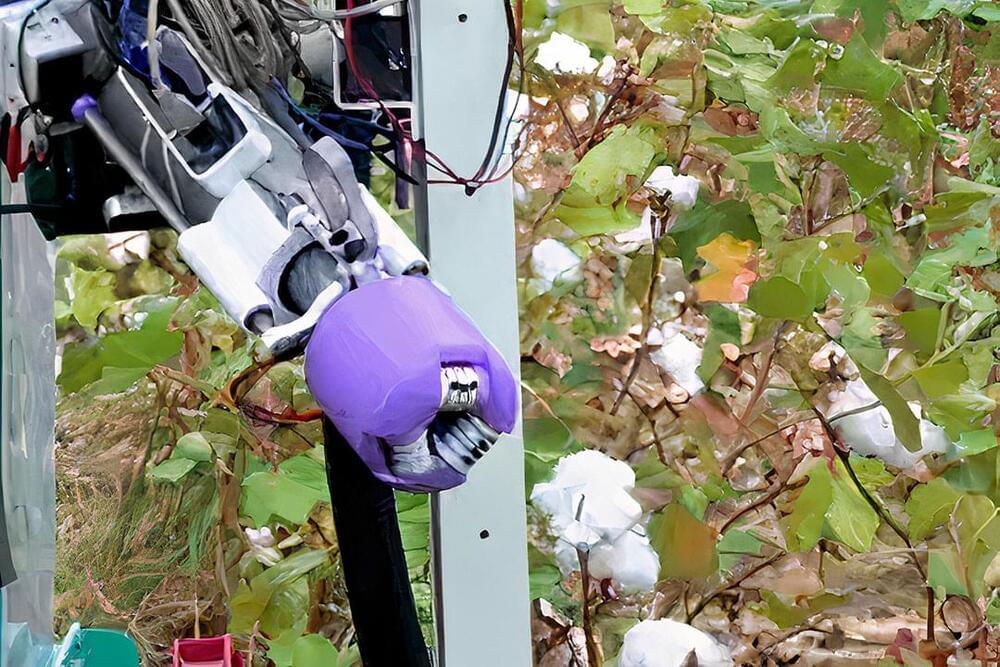A scientist claims to have developed an inexpensive system for using quantum computing to crack RSA, which is the world’s most commonly used public key algorithm.
See Also: Live Webinar | Generative AI: Myths, Realities and Practical Use Cases
The response from multiple cryptographers and security experts is: Sounds great if true, but can you prove it? “I would be very surprised if RSA-2048 had been broken,” Alan Woodward, a professor of computer science at England’s University of Surrey, told me.







